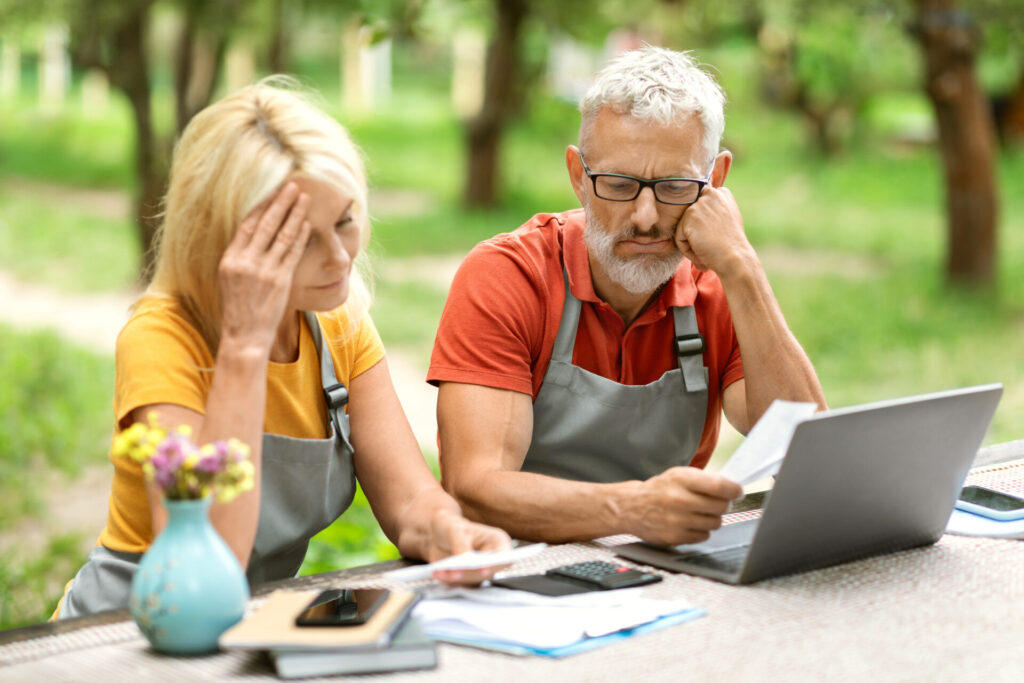It’s important for you and your family to prepare for any oncoming disaster, although hurricanes tend to give you some advance warning. All preparation done prior to the rain, wind, and flood, is going to be for your safety and shouldn’t be neglected. But if you’re feeling lost, nervous, or unsure of what to do with an impending hurricane season, here are some tips and pointers on how to stay prepared and safe before the storm.
Be Informed
Hurricane preparedness begins with information. You need to be informed about your area’s potential risks for each specific hurricane season and stay up-to-date on impending storms. This can be as simple as watching the evening weather report or checking the local weather station’s website. Seldom can you go a full hurricane season in a hurricane-prone area without hearing about a tropical storm or impending hurricane, but it’s still important you be up-to-date on whatever storm is projected for your area. Take all government-issued warnings seriously; just because a previous evacuation order turned out to be for nothing doesn’t mean they can go ignored in the future. Know your evacuation routes and prepare to use them early. Gridlock is a threat to massive evacuations, and really can only be avoided by leaving as early as possible.
Prepare Ahead
Prepare early and quickly. At the start of each hurricane season, make sure you’ve got some essentials stowed away and be ready at a moment’s notice to stock and replace. Most of this will be for the days following the storm, particularly if there is enough flooding to prevent traffic or power outages that won’t be repaired for days. Bottled water is very important in the event of flooding, as primary water lines can and will get contaminated and become unsafe to drink. Stock up on it fairly early, as storm panic can take hold and wipe out grocery stores of essentials. Avoid stocking up on perishables and items that need to be refrigerated, as loss of power can cause them to spoil and flooding or blocked roads can prevent you from renewing them. If you own a generator or are considering owning one, keep backup fuel for it stocked up as well. Battery-operated radios are key for staying informed about the storm during a power outage, so include one of those in your supplies, along with spare batteries. If you have batteries that may be old, check their viability before making the decision not to purchase more.
Have a Supply Kit
Personal supply kits are essential. While general needs, like water and food, are helpful, you need to keep emergency supplies for specific needs. Essential medication for family members should be set aside and stocked in quantities that can get them through a week or more. Include important information with these, such as instructions or identification materials in the event your area is called to evacuate. It’s also important to include pets and their needs in this preparation, so don’t forget their own medications and food. Fill up your car on gas at least two days before the storm. Include some emergency supplies in your car and a change of clothes, for the days following the storm in the event you do need to drive but get stranded.
Clean Up Outside
Bring all loose yard objects indoors at least two days before the storm. There will be some quick changes to weather that can be unpredictable, so it’s ideal that any patio furniture or law ornaments are secure out of the wind. Lighter ones can be easily picked up and tossed at alarming speeds, damaging your house or others. Anything too heavy to be brought indoors or would otherwise be dangerous (trash cans or propane tanks, for example) should be anchored securely to the ground. Trimming trees for loose branches can also be helpful in preventing flying debris. Lastly, consider covering your windows. Permanent storm shutters are usually the best choice, but if those aren’t options, you can cover your windows with plywood. The government suggests it be 5/8″, and be cut specifically to fit over each window, so have this ready at least a week or so in advance.
Stay Safe
After the storm has passed, it can still be exceptionally dangerous outside. It’s important that you do not wade through flood waters; debris and other damage can be impossible to see in the murk and can seriously injure you. Downed power lines could also be electrically charging pools of water. Electrical equipment also could be damaged, so avoid handling any of it if you or it is wet. If you absolutely must around your house, turn off the main breaker before anything else. Any and all clean up should be done with protective clothing like thick gloves and boots to avoid injury from sharp debris. Pay attention to your radio and television if possible for alerts by authorities.







